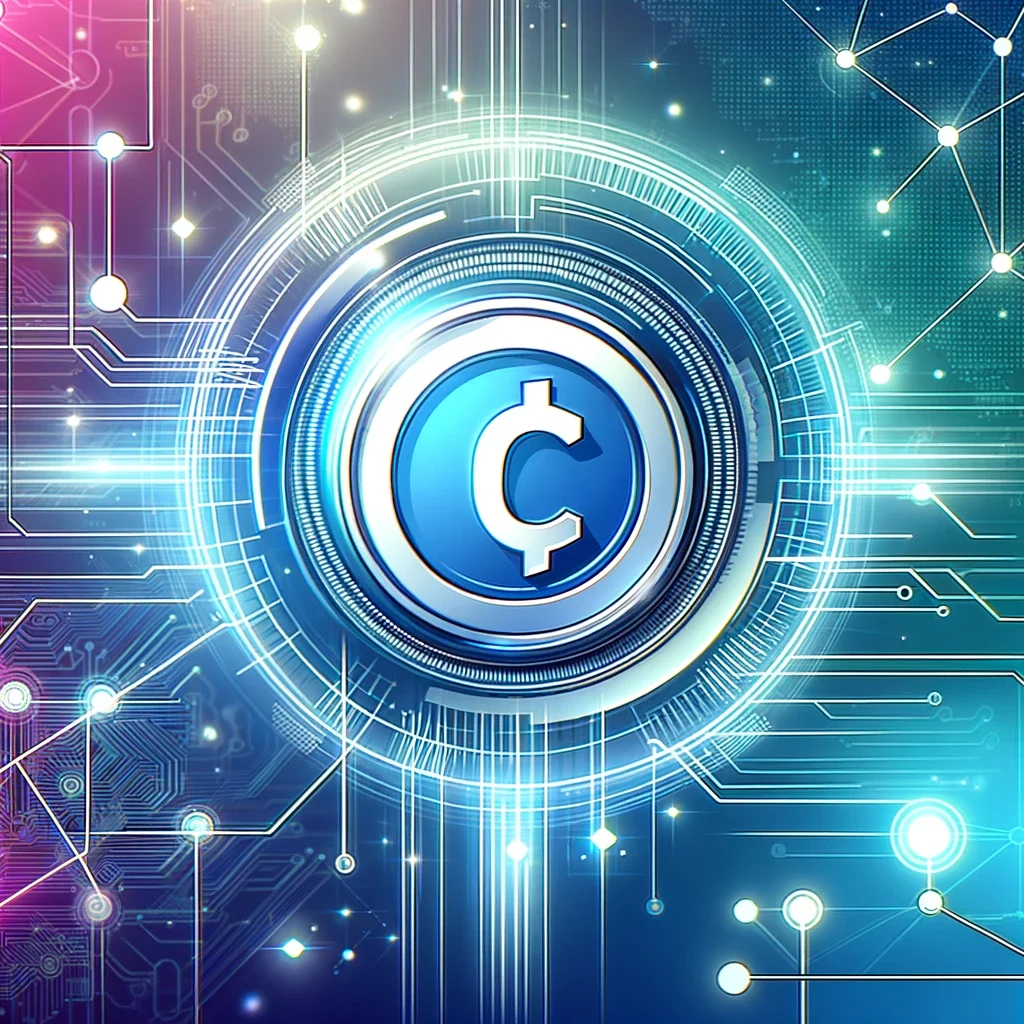When we flashback to 2009, the G20 emerged as a beacon of hope, channeling collective efforts to navigate the turbulent waters of a global financial crisis. Fast forward to the present, and one can’t help but question its relevance. With growing geopolitical tensions, a pandemic that refuses to bow out, and the looming shadow of climate change, the G20’s role is now more under scrutiny than ever.
The Promise and the Pitfalls
A decade ago, the G20 was celebrated as the successor to the western-centric G8, evolving as a forum for fostering economic cooperation across the globe. But reality often diverges from idealistic visions.
With the ongoing breakdown of multilateral systems, and controversies like the Russia-Ukraine conflict further entrenching divisions, the G20’s efficacy is on trial.
While Russia’s Vladimir Putin’s absence from the annual summit might not have raised many eyebrows, Chinese premier Xi Jinping’s decision to sit out comes as a surprise.
This further deepens the cracks within the G20, especially when considering how pivotal China’s role is in global economic dynamics. The organization’s unity is further questioned as it possibly faces its first-ever failure to consolidate a joint communiqué.
However, the G20 isn’t entirely lost in a sea of controversies. With India at the helm, important strides have been made, especially in areas of multilateral development bank reforms and climate finance.
In a significant move, the African Union’s expected induction promises to amplify the voice of the developing world, though skeptics worry it might render the group even more cumbersome.
The New Geopolitical Chessboard
The intricacies of the Russia-Ukraine situation have undoubtedly taken a toll on the G20. Last year’s Bali summit had somewhat tackled Russia’s role in the conflict, but with some members now pointing fingers at the West, the G20’s cohesion is severely tested.
China and India’s rivalry further complicates matters. Both nations vie for a dominant position in leading the developing world. Xi’s decision to skip the summit is speculated to be a sign of this contention.
However, his absence might just provide western leaders, including the U.S.’s Joe Biden, an opportunity to reassess and recommit their allegiance to global development.
However, it’s not all rivalry and contention. China’s recent efforts to expand the Brics group of emerging economies reflect a shared ambition with India to reconfigure global governance.
Instead of positioning themselves against the West, it would be pragmatic for both nations to collaborate with developed economies and work towards reshaping the global order.
So, What’s the Verdict on the G20?
In our volatile global scenario, marked by intense superpower rivalries and the undeniable urgency of climate change, there’s a genuine need for leaders of powerful economies to engage in constructive dialogue.
The G20, despite its shortcomings, remains one of the few platforms that facilitate this. While institutions like the UN grapple with their own set of challenges, the G20 emerges as perhaps the most viable forum for global discourse.
But, as with any organization, the G20 needs introspection. It must continually adapt to the ever-evolving global dynamics. To question its necessity is not to undermine its potential, but rather to push for its evolution. So, does the world need the G20? Absolutely. But the G20 also needs the world to believe in its potential once more.





